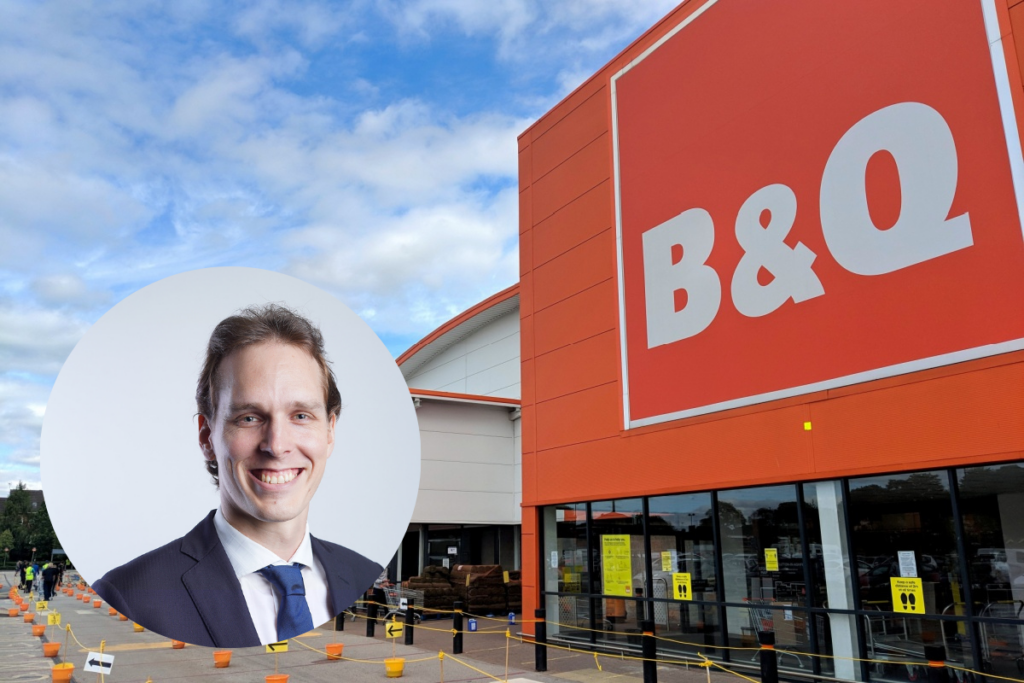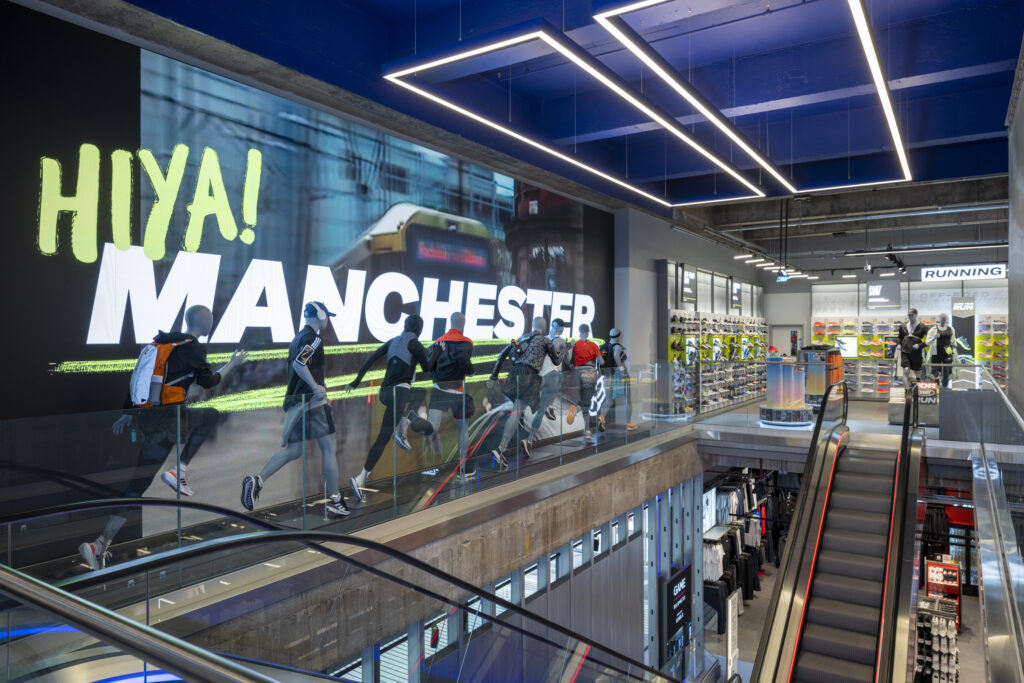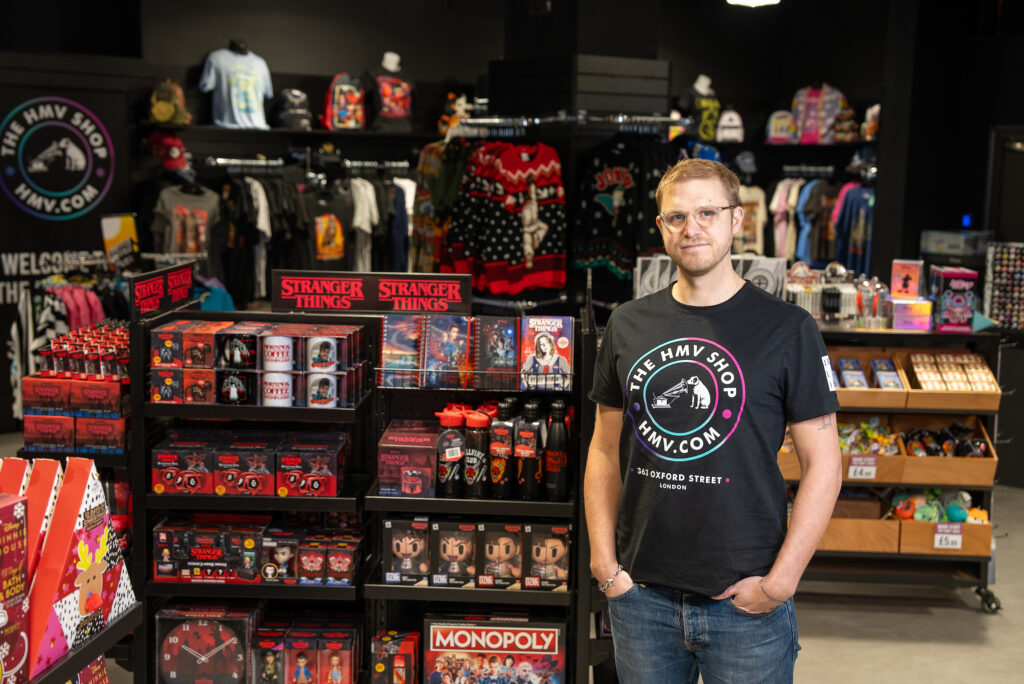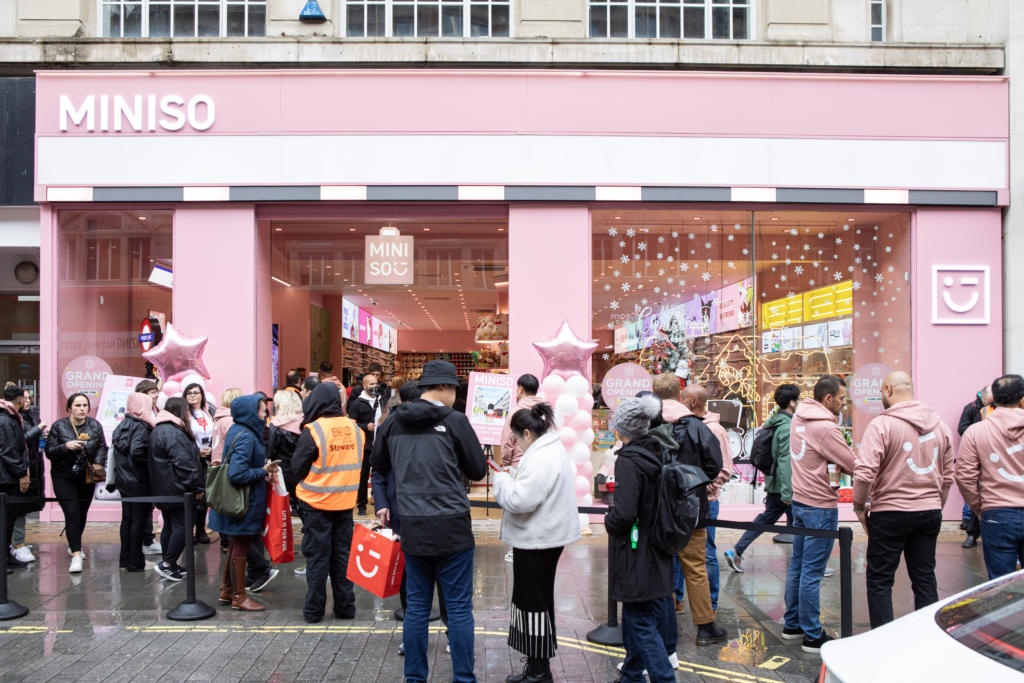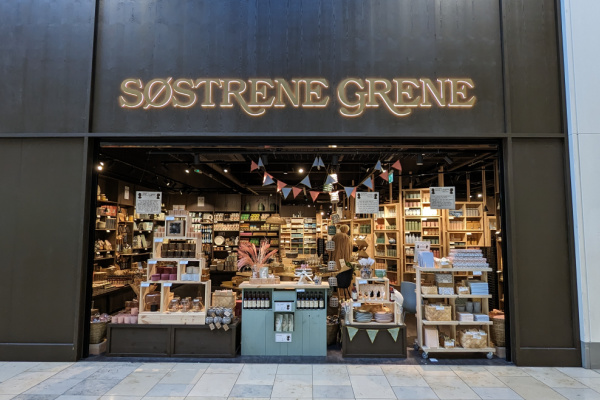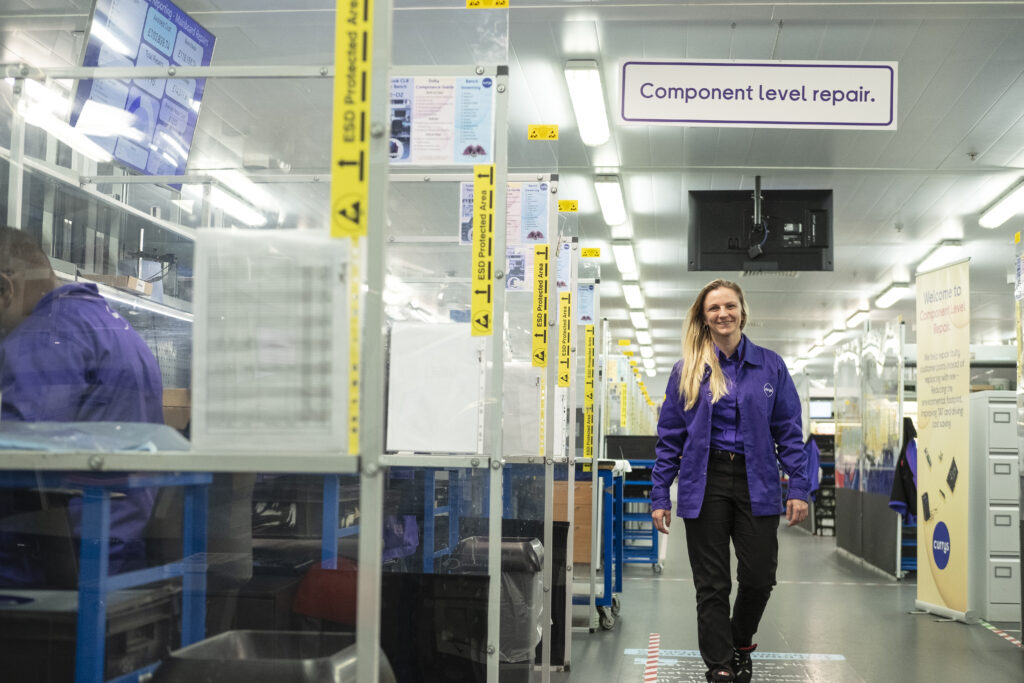“There‘s a hell of a lot of change, I mean this is the most transformational period in retail full stop.”
The death of the high street has been predicted as many times as people have predicted armageddon, but Alex Schlagman is the polar opposite of a doomsday preacher.
As founding partner of Save The High Street, he has spent the last year developing a campaign aimed to provide a positive message for the future of the British high street, that it can indeed “thrive, become modernised and become more relevant to the next generation of consumers”.
However, of all the times for the doomsday preachers to prophesize the end of high streets, now seems like a time to listen.
“The internet and technology is not going to kill the high street, it‘s going to transform the high street in a positive way”
This week two major retail landlords announced their struggles in filling premium large retail space, as the rise in business rates and milieu of uncertainty continue to feed caution.
Meanwhile, dwindling consumer confidence and the rise of competition from the leisure industry has managed to cull some former high street staples over the past year.
The high street has survived similar challenges more than once, yet its biggest challenge has never been seen before: the rise of online.
“The internet and digital seemed like much more of a threat and an enemy in the perspective of the organisations trying to support the high street,” Schlagman said.
It was his unique perspective of this problem that lead to the inception of Save The High Street, which celebrated its first anniversary last month.
Rather than being its biggest challenge, he knew it also presented its biggest opportunity. The issue lay in the transition.
“The internet and technology is not going to kill the high street, it‘s going to transform the high street in a positive way,” he told the Retail Gazette.
“There were millions of businesses around the world who were struggling in this transition to the new high street.
“Through conversations with various business associations and various media owners it became clear, no one was really knocking out the park in terms of making a real difference, but that actually together we could make a much bigger difference.”
Thus, alongside co-founder Lyndsay King, the pair brought together a group of retailers and industry insiders with a singular vision.
“We felt that there was one view of the high street which would take us down the path of boarded up ghost towns and Amazon pick up points and lookalike highstreets,” Schlagman said.
“Another view was much more vibrant thriving high street and that would be enabled by a modernised high street.”
In an attempt to ensure this vibrant future, the Retail Advisory Board was born – a panel group of physical retailers “sharing information centrally about what‘s working and what‘s not”.
“Really the biggest challenge is how we help the business out there that know they need to act but can‘t”
“Today there‘s about 25,000 businesses a week that are being engaged,” Schlagman said.
“Primarily in product retail, but there‘s quite a lot of cafés now, a lot of restaurants.
“The Retail Advisory Board is now 250 and will be growing again, we expect that to probably double in the next few months. And we‘re getting more diversity on the board.”
Its key focus was the create a set of industry standards which would provide concrete guidance to all those retailers who knew they needed to evolve, but didn‘t know how.
This set of recommendations would be provided by retailers and though leaders, then vetted by their community of retailers and advisory boards.
“There are businesses out there that know they need to act but don‘t or make costly mistakes trying, it burns the fingers and stops the action,” Schlagman said.
“Really the biggest challenge is how we help the business out there that know they need to act but can‘t.
“The other side is the skills gap around this. Making sure that businesses have the time and the skills and resources to be able to put those skills in place.”
Part of the reason technology is such a hard entity to incorporate is the speed at which it develops. Once a business successfully familiarises themselves with a new technology, another better one is usual just around the corner.
In such a competitive field, retailers must stay on par with their rivals in terms of technology in order to have a chance. This of course means Schlagman‘s industry standards will have to grow along with them.
“These industry standards will evolve” he said.
“We can all do something to support and diversify the high street and the success of that affects us all”
“Some things never change. It‘s going to be so important in the future, as it has been in the past, for independent retailers to look at the human elements of their customer service. These can now be augmented with technology.
“One thing we do know is there‘s not going to be less importance on technology in the industry moving forward. Everyone needs to get on this journey and understand what‘s next for them.”
The universal nature of the need to help independent retailers in local communities is at the heart of Save The High Street, and Schlagman encourages everyone to get involved.
“It‘s actually up to everybody to play a role in that. The core of that is the shopkeepers themselves but we all have a bit of a role to play here,” he said
“We can all do something to support and diversify the high street and the success of that affects us all.”



